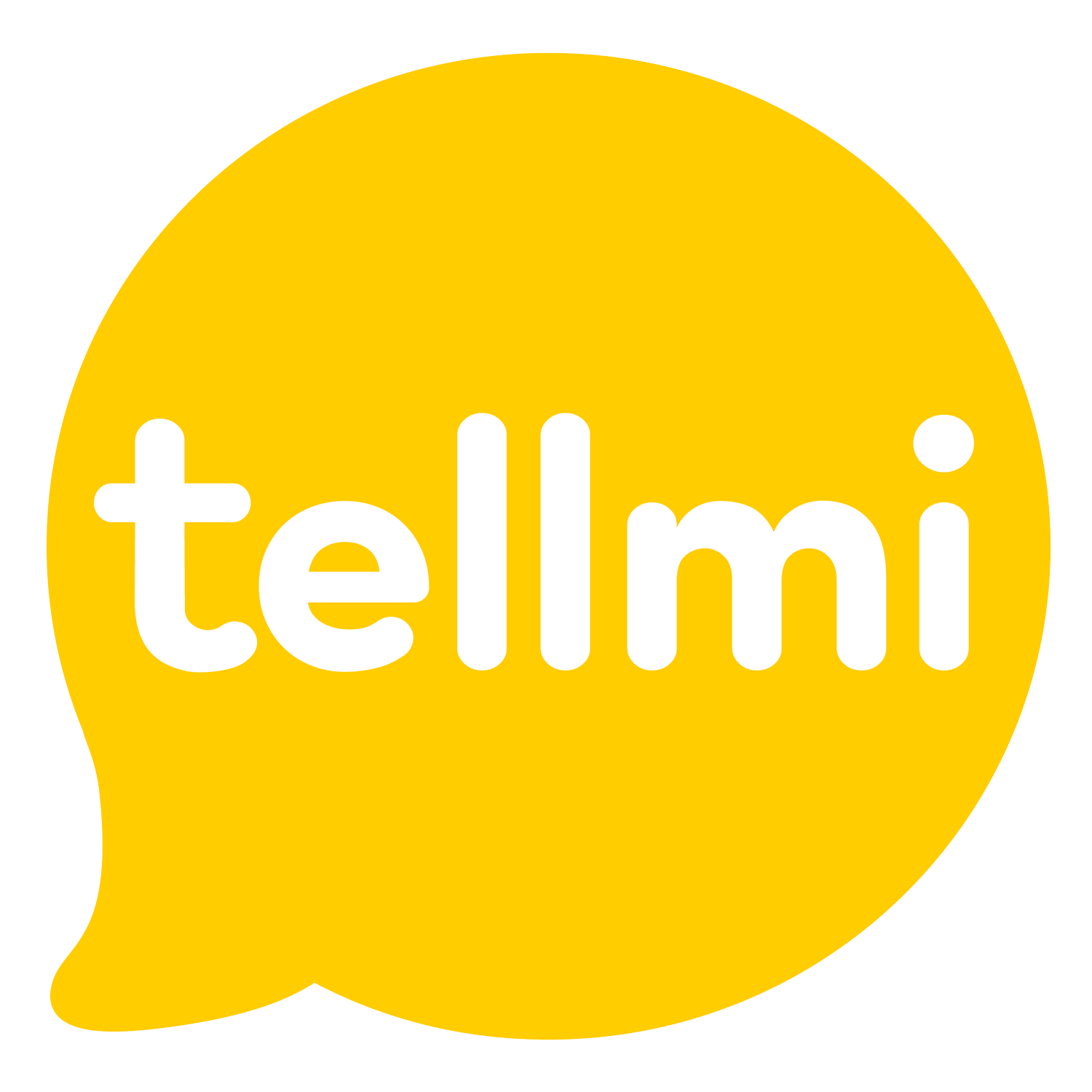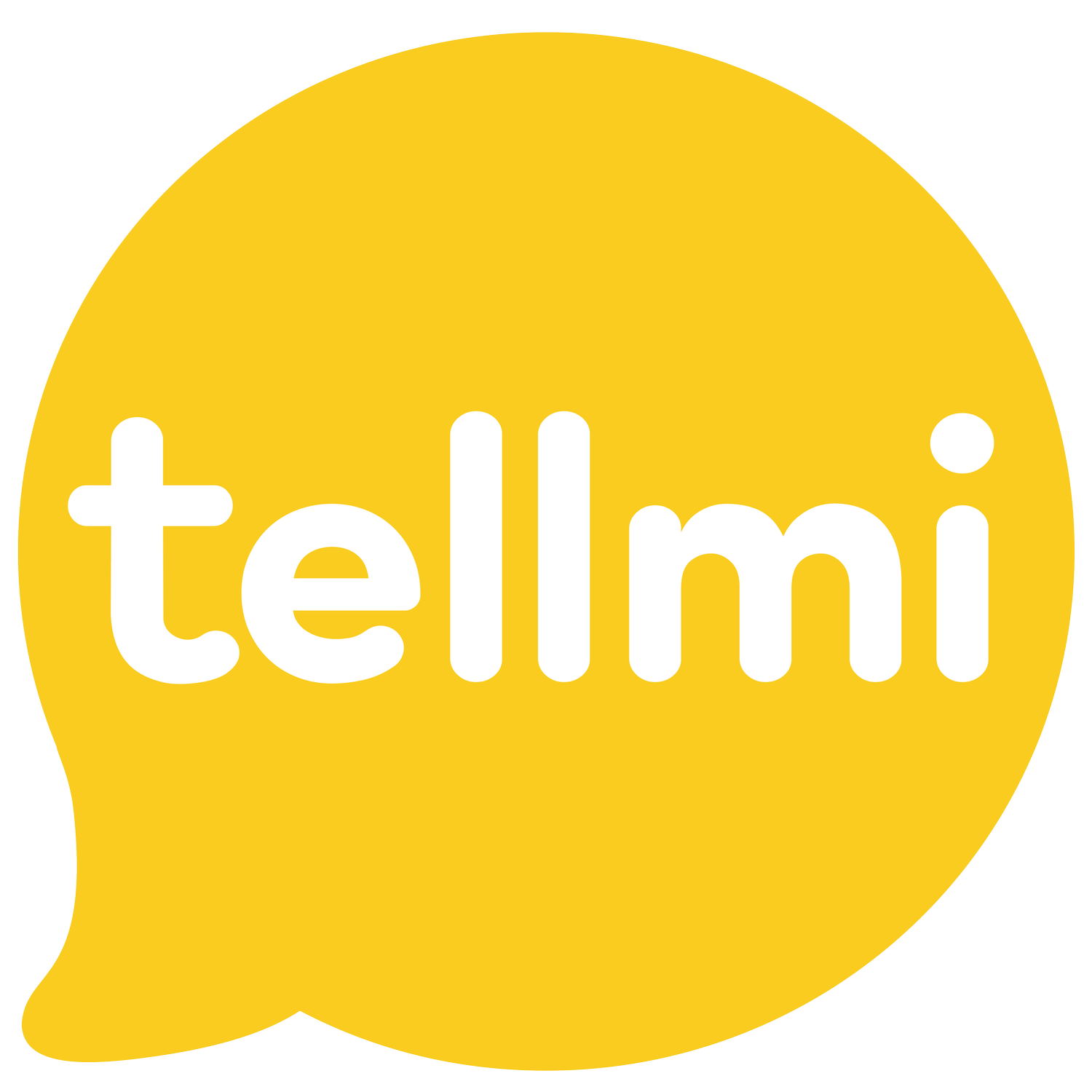Tellmi is connecting young people in rural areas to effective mental health support
Rural isolation exacerbates mental health issues, but is simultaneously a barrier to mental health support for children and young people. This is particularly true for young people who live in the poorest households, who are four times as likely to have serious mental health difficulties than those from the wealthiest 20%. Somerset is one of the most rural counties in England with a population density of just 1.5 people per hectare, and 14% of young people in the county live in income-deprived households (NHS Somerset, 2021); 29 neighbourhoods are in the poorest 20% of the country. In 2022, NHS Somerset commissioned the Tellmi peer support app to provide digital mental health support to children and young people aged 11-25 across the county. Tellmi delivers anonymous, age-banded peer support to young people aged 11-25. All posts and replies are risk-assessed by moderators before publication and high-risk posts are passed straight to a counsellor who replies privately. High-risk posts are not published in the app. The app also includes a directory of over 600 national and local resources, including an NHS portal which connects young people to mental health services in their area.
As well as supporting nearly 1,000 young people in the region, Tellmi has conducted several surveys which confirm that young people from lower socioeconomic backgrounds in Somerset have a higher likelihood of experiencing various mental health conditions. Survey data showed higher rates of various mental health conditions, including self-harm (+27%) and suicidal thoughts (+33%). Specifically, we found that autistic users from lower socioeconomic backgrounds had noticeably higher prevalence rates of depression (+22%), self-harm (+27%), suicidal thoughts (+33%), disordered eating (+35%), dissociative disorders (+53%), PTSD (+63%), body dysmorphic disorder (+55%), selective mutism (+151%), complex PTSD (+120%) and psychosis (+153%). Loneliness was the number one concern for young people living in Somerset, particularly during COVID, but an in-app survey found that 93% of young people felt that using Tellmi enabled them to connect to people with similar problems and 83% felt less isolated.
Using Tellmi also had a significant impact on acute mental health problems; 45% of users who self-harmed said they self-harmed less since they started using the app. This increased to 50% in long-term users (n=125). The survey also found that 36% of users who experienced suicidal ideation had fewer suicidal thoughts since they started using Telllmi; 30% of those with disordered eating reported an improvement in their condition and 30% who struggled with depression felt less depressed since they started using Tellmi. These findings are in line with the results of our independent evaluation which found statistically significant evidence that using Tellmi improves mental health in young people (Ravaccia et al., 2022)
The NHS and the Government acknowledge that it is difficult to get an accurate idea of the prevalence of mental health conditions in the countryside because existing data is not sufficiently broken down between urban and rural areas. Although IMD data can capture concentrated urban deprivation, it often overlooks rural deprivation which tends to occur in very small clusters or individual households, often in close proximity to very affluent households. Tellmi data is helping to address this knowledge gap. Within Tellmi IMD data from individual postcodes provides much more granular insight into the relationship between rurality, deprivation and mental health issues. This data will eventually be flowed into the NHS mental health dataset making it easier to identify areas where more funding and support is required.
Young people living in rural areas find it harder to access face to face support because they tend to face longer travel times to service (CCQ, 2018). Digital technology is the most obvious way to deliver mental health support to young people; 93% of 12-15 and 100% of 16-24-year-olds in the UK have a smartphone (Statista, 2022). However, in rural areas poor broadband and digital connectivity make using app-based solutions more difficult. In order to better meet the needs of young people living in Somerset Tellmi launched a desktop version of the app in July 2022. It means that Tellmi can be accessed at school and because computers tend to be wired into a permanent internet provider, poor WiFi and a lack of data are less likely to be problematic.
Tellmi is an ‘out of the box’ digital mental health solution which can be mobilised to deliver support in a new area within one month of commission. If you are struggling to deliver support to young people in a rural area, get in touch.
References
NHS Somerset (2021). Children and Young People's Mental Health and Emotional Wellbeing. https://nhssomerset.nhs.uk/wp-content/uploads/sites/2/Somersets-LTP-for-CYP-MH-EWB-2021-2024.pdf
Ravaccia, G., Johnson, S., Morgan, N., Lereya, S., & Edbrooke-Childs, J. (2022). Experiences of Using the Digital Support Tool MeeToo: Mixed Methods Study. JMIR Pediatr Parent, 5(4). https://doi.org/10.2196/37424
CQC (2018). Are we Listening? Review of Children and Young People's Mental Health Services. https://www.cqc.org.uk/sites/default/files/20180308b_arewelistening_report.pdf


